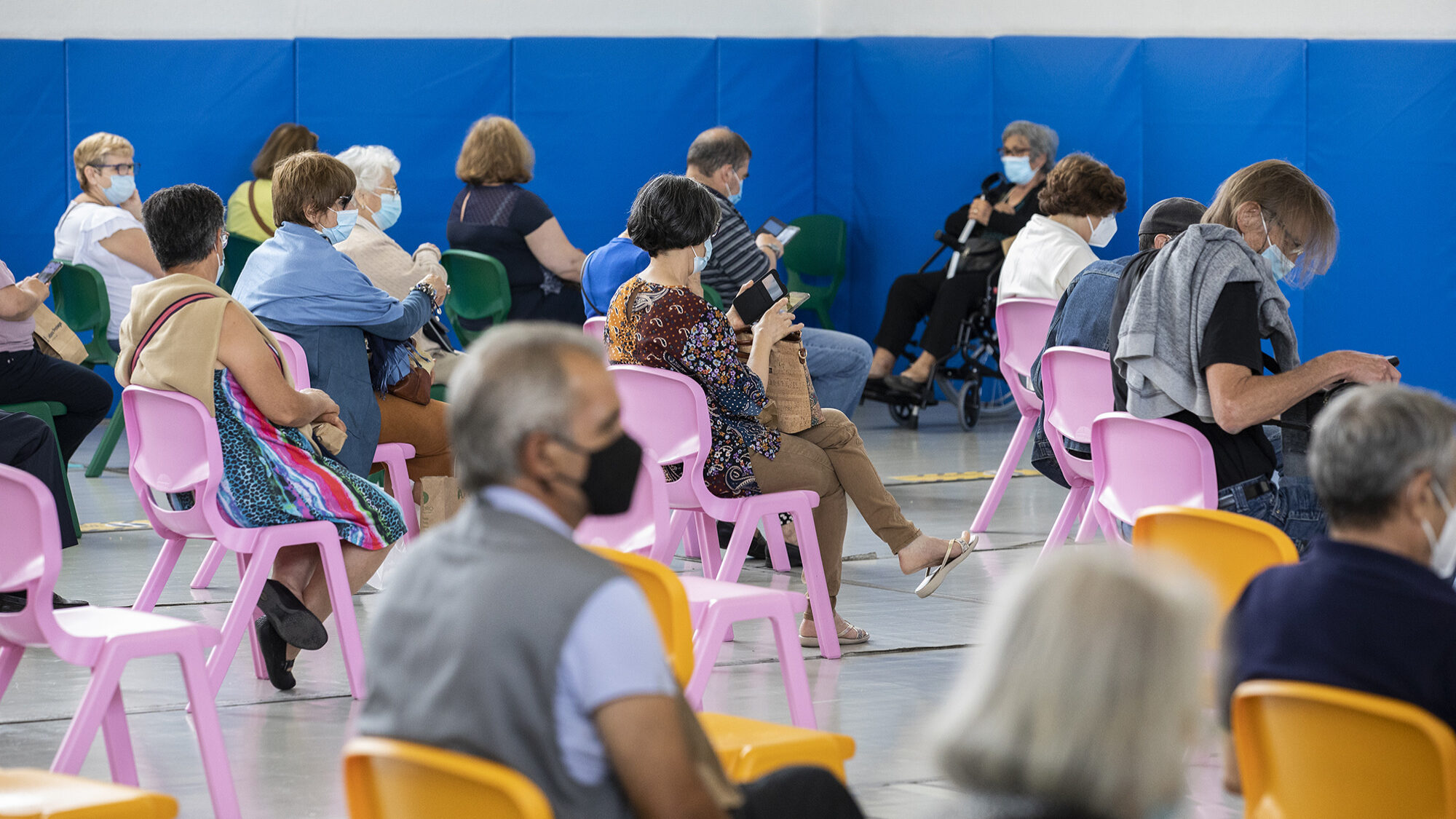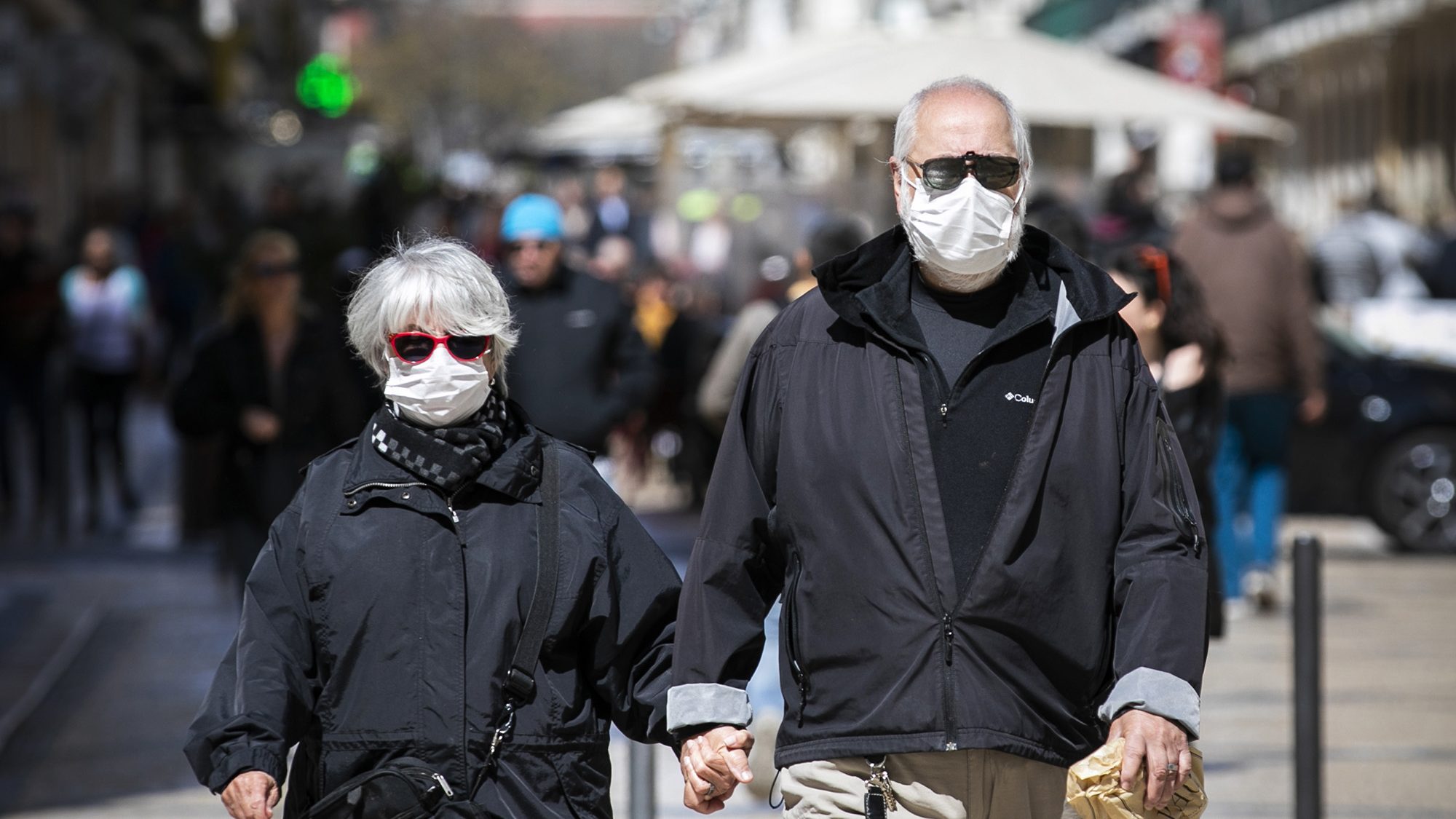Omicron responsible for nearly 90% of Covid infections
"Since December 6, there has been a high growth in the proportion of probable cases of the Omicron variant, with an estimated proportion of 89.6% on January 3 2022," the INSA announced.
The Omicron variant of the SARS-CoV-2 coronavirus is now responsible for almost 90% of infections in Portugal, a “sharp increase” that occurred just over a month after the first cases, the National Health Institute Doutor Ricardo Jorge (INSA) announced on Tuesday.
“Since December 6, there has been a high growth in the proportion of probable cases of the Omicron variant, with an estimated proportion of 89.6% on January 3 2022,” the INSA report on the genetic diversity of SARS-CoV-2, which causes Covid-19, said.
According to the institute that monitors the evolution of the coronavirus in Portugal, the “abrupt increase” of community circulation of this variant is similar to “the scenario observed in other countries”, such as Denmark and the United Kingdom.
The first 13 cases of Omicron in Portugal were detected at the end of November, associated with an outbreak at Belenenses SAD and the same chain of transmission, but on December 6, INSA said that 37 cases had been registered.
A week later, on December 14, and with only 69 cases detected, the INSA report admitted the community circulation of Omicron, which was confirmed on December 20, when the variant was responsible for an estimated 46.9% of infections.
With the Delta variant progressively losing ground after being the predominant variant for several months, Omicron accounted for 82.9% of infections at the end of the year, according to health authorities’ latest pandemic risk analysis data.
Considered a major concern and highly contagious by the World Health Organization (WHO), Omicron was first detected in southern Africa, but since the South African health authorities sounded the alarm on November 24, infections have been reported in at least 110 countries.
This variant is characterised by many mutations considered of interest by experts in the `spike’ protein, including mutations recognised for their involvement in binding to human cell receptors and neutralising antibodies.


